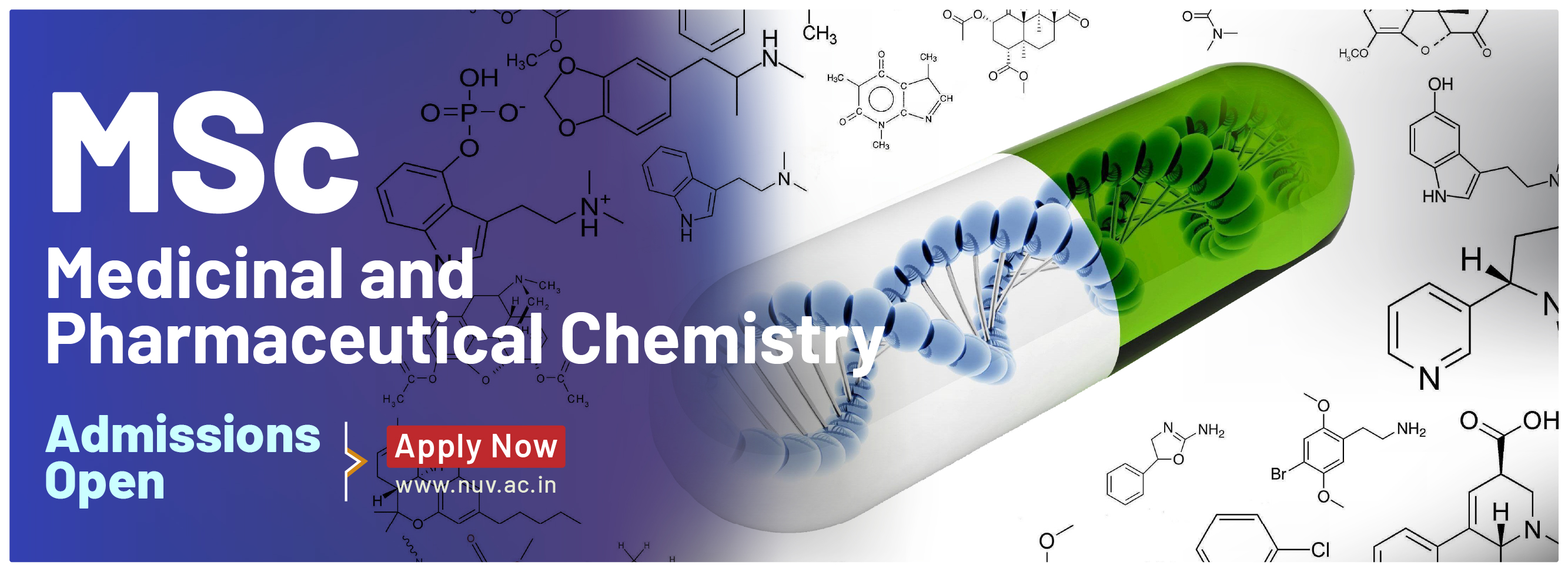Rooted in a multidisciplinary approach, the master’s degree program curriculum is meticulously structured to seamlessly integrate theoretical knowledge with hands-on experience, thereby preparing graduates for diverse career trajectories in academia, industry, and research.
The master’s degree program is divided into a mandatory course, discipline specific electives, and University elective areas. The compulsory area includes, among other things, internships, and 6 months dissertation as a master’s project. In addition, a student must choose university electives from a specified course catalogue. The elective area serves to acquire additional technical, interdisciplinary, and professional skills. Elective modules can be chosen from the entire range of Courses offered across NUV. The program places a strong emphasis on practical training and research, offering laboratory rotations and opportunities to engage in research projects in collaboration with faculty or industry partners. Complementing the academic curriculum is a focus on professional development, including career development workshops and networking events with industry professionals.
The culmination of the MSc in Medicinal and Pharmaceutical Chemistry is marked by the successful completion of a thesis, wherein, students conduct independent research, demonstrating their ability to contribute meaningfully to the advancement of knowledge in the field.


